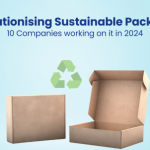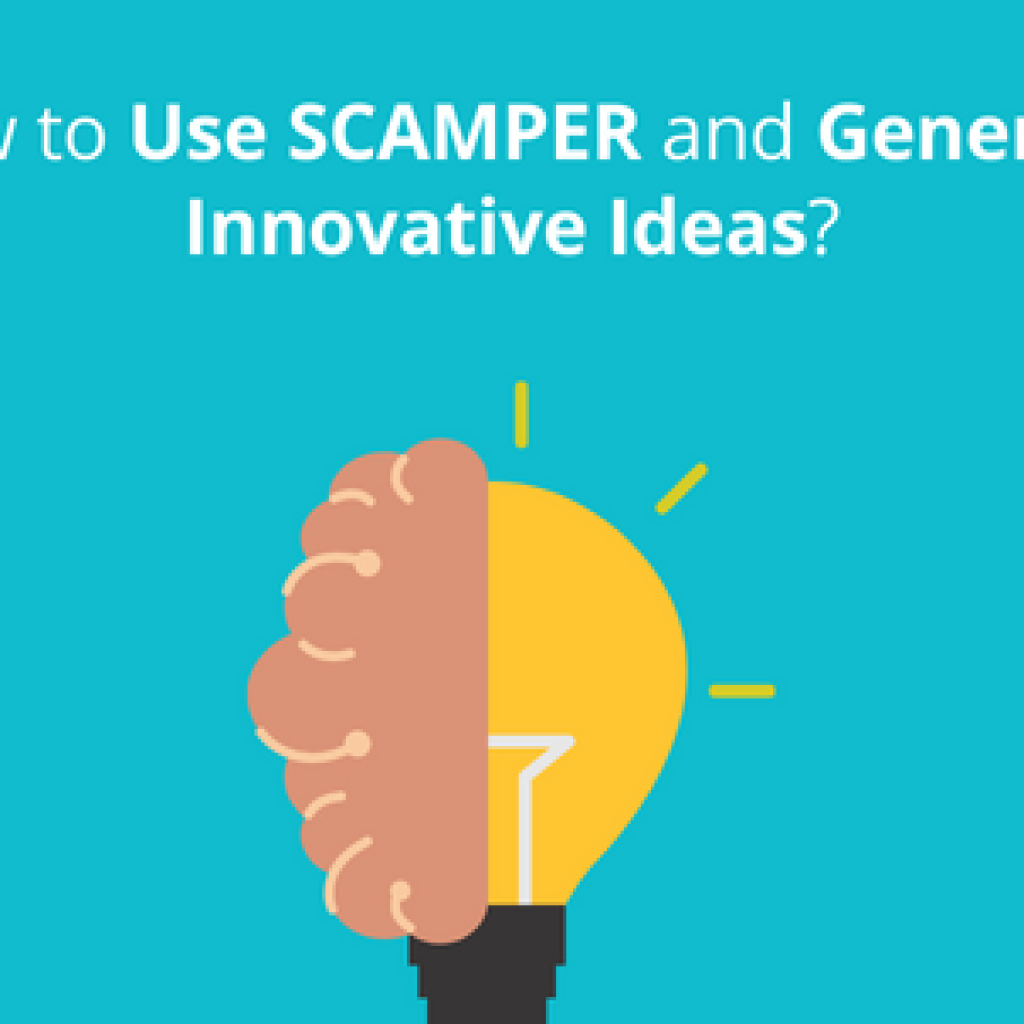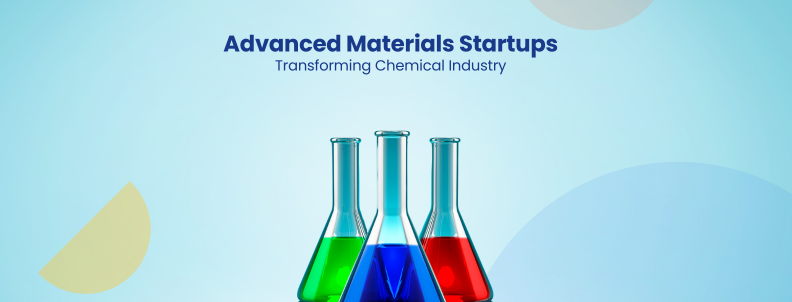Plastic makes up 80% of all marine debris from surface waters to deep-sea sediment, which is a minimum of 14 million tons annually.
Source.
Government organizations worldwide, with the European Union in the lead, have taken a resolute stance by issuing authoritative guidelines against the use of single-use plastic. They see it as the foremost culprit responsible for polluting the Earth’s water bodies.
Furthermore, a new study has even revealed a plastic smog looming in our water bodies. With nearly 171 trillion plastic particles, they are much more problematic as they are as inescapable from the water as salt.
This has started a chain reaction for companies to either shift to sustainable packaging or take the help of organizations to recycle their plastic. And that’s where consortiums come into the picture.
How have consortiums helped companies reduce their plastic footprint?
Let’s look at some notable collaborations between bigshot companies (especially the ones in the F&B industry) and these consortiums that clean our environment one (ton) plastic bottle at a time.
1. Nestlé and Coca-Cola partnered with Geocycle’s PlaNet Solutions
Nestle has collaborated with Geocycle in 3 countries to recycle its waste. In Costa Rica, a significant achievement has been made by establishing the country’s first industrial-scale sorting station. It diverts packaging waste from the largest landfill.

Furthermore, the company accomplished a notable milestone in the same country by neutralizing 100% of its post-consumer plastic waste in October 2020, making it the first company to do so in the Americas. Building on this success, the two parties have now entered into an agreement in Costa Rica to sustain plastic neutrality monthly for an entire year.
Coca-Cola partnered with Geocycle in Costa Rica to recover post-consumer packaging waste. This collaboration aims to divert reusable waste from landfills and promote a circular economy by recycling PET bottles. Over 500 tons of PET have already been successfully recovered. Additionally, the companies are actively exploring innovative methods to recover PET and transform it into post-consumer recycled resin, aiming to produce new bottles.
2. Danone partners with The Ocean Cleanup Project.
Danone collaborated with The Ocean Cleanup Project for two years in their joint efforts to advance research and develop scalable technology for capturing plastic from rivers and waterways.
The outcome of this collaborative R&D project is the Interceptor. It is a solar-powered device featuring a floating unit designed to collect plastic debris of various sizes effectively. It includes microplastics and large items like fishing nets by utilizing the natural flow of the water to guide the waste into its opening. Notably, the interceptor is connected to a catamaran and strategically positioned to cover only a portion of the river, allowing marine life and other vessels to pass through safely.

With support from Danone, The Ocean Cleanup Project successfully deployed a prototype Interceptor in Indonesia, enabling the analysis and categorization of the collected debris.
Currently, there are two full-scale interceptors operating in Asia. The Ocean Cleanup Project estimates that its solution, if implemented across the world’s 1,000 most polluted rivers, can extract up to 50,000 kg of plastic waste daily.
How Can Consortiums Benefit Your Company?
As seen in the examples above, consortiums work towards a common goal in an association between multiple companies. In this case, to make our Earth a safer and plastic-free place. They have several benefits, which are listed down below.
- Cost-Efficient Amplified Impact– Consortiums unite multiple businesses and stakeholders, enabling more significant influence, resource pooling, and faster progress toward sustainability objectives on a larger scale. Therefore, continuous research and development can cause much less money to recycle.
- Effective Advocacy: Consortiums wield a stronger collective voice in advocating for policy changes and raising awareness on sustainability issues. They also gain leverage in negotiating improved terms with suppliers or service providers.
- Shared Infrastructure: Collaboration allows companies to distribute the costs and logistics of substantial infrastructure required for waste management and recycling programs.
- Benchmarking: Consortiums establish standard metrics and benchmarks, facilitating progress measurement and performance comparison among participating companies, which can work as an excellent measuring tactic to keep a check on a competitor’s progress. Additionally, it can also help in ensuring effective compliance with upcoming regulations.
- Enhanced Corporate Social Responsibility (CSR): Partnering with a consortium demonstrates a company’s commitment to sustainability, enhancing its reputation and fostering trust among stakeholders, including consumers, employees, and investors.
The value added by collaborating with consortiums for ocean plastic recycling is crystal clear. They don’t just aid in making the environment safer but also help with a company’s brand image, among other things.
Now, the only thing left is to find out which consortiums you can collaborate with.
Below is a list of some of the best consortiums in the recycling industry.
Some popular Consortiums Companies Can Collaborate with
1. Cyclyx International
Cyclyx International, a consortium dedicated to plastic innovation and based in Portsmouth, New Hampshire, has launched a 10 to 90 initiative that aims to increase the diversion of discarded plastics from landfills significantly.
The 10 to 90 Challenge consists of takeback and engagement programs designed to redirect low-quality waste plastics to the Cyclyx system. This is to raise plastic recycling rates from 10 percent to 90 percent. Consortium members can then recycle the diverted plastic into a range of products.
NewPark Resources Inc., a sustainable technology and service leader, has recently joined this consortium.
2. BOTTLE™
BOTTLE™ stands for Bio-Optimized Technologies. The consortium aims to keep thermoplastics out of Landfills and the Environment. It comprises multiple organizations working in collaboration with the U.S. Department of Energy. The primary goal of BOTTLE™ is to pioneer innovative chemical upcycling methods for existing thermoplastics while simultaneously focusing on redesigning future plastics with recyclability in mind.
3. NextWave Consortium
NextWave Plastics aims to prevent plastic from entering the ocean and keep it within the economy. It is focused on developing the world’s first global network for sourcing ocean-bound plastic to achieve this. Since its inception, member companies of NextWave have successfully integrated ocean-bound plastics from regions like Indonesia, Chile, the Philippines, Haiti, and Denmark into their supply chains. Additionally, NextWave members have also successfully diverted a total of 20,479 metric tonnes of plastic waste.
Several globally renowned companies are already a part of this organization, namely- Dell Technologies, Hp, Logitech, and Ikea, among others.
Future Outlook
In a recent UN meeting, 175 nations agreed to develop a legally binding agreement on reducing plastic pollution by 2024. This prompted a major step towards reducing greenhouse gas emissions from plastic production, use, and disposal.
Companies worldwide are already facing heat for their plastic footprints. It is clear as day that these companies will need to do something about their plastic waste, and fast. That’s where we at GreyB can help!
Looking for consortiums to partner with or recyclable materials to reduce waste? We can find the options best suited to your requirements.
All you need to do is contact us, and we’ll do the rest!
Authored By- Mayank Maloo, Solutions Team
Edited By- Moksha Jain, Marketing Team.











